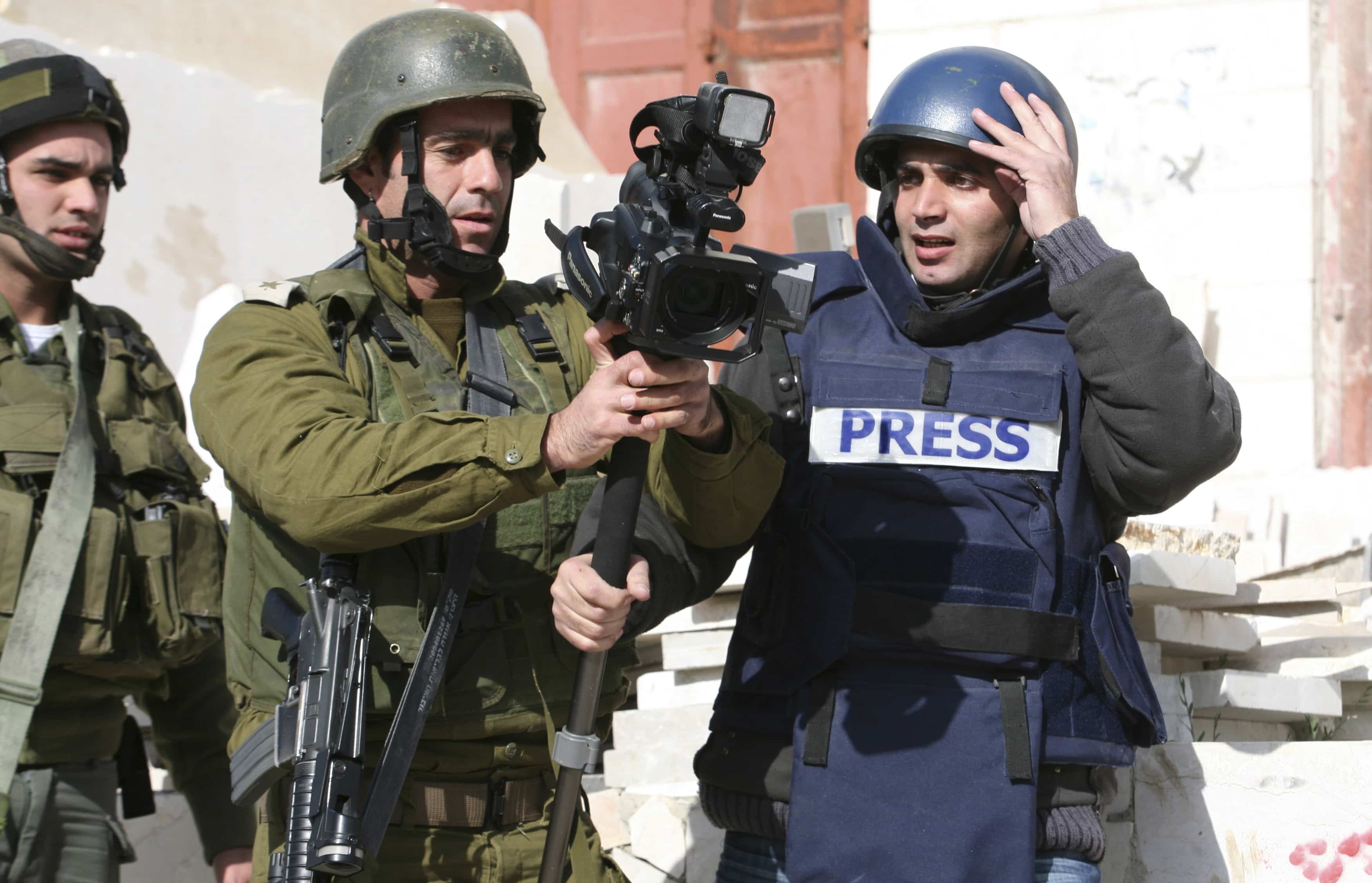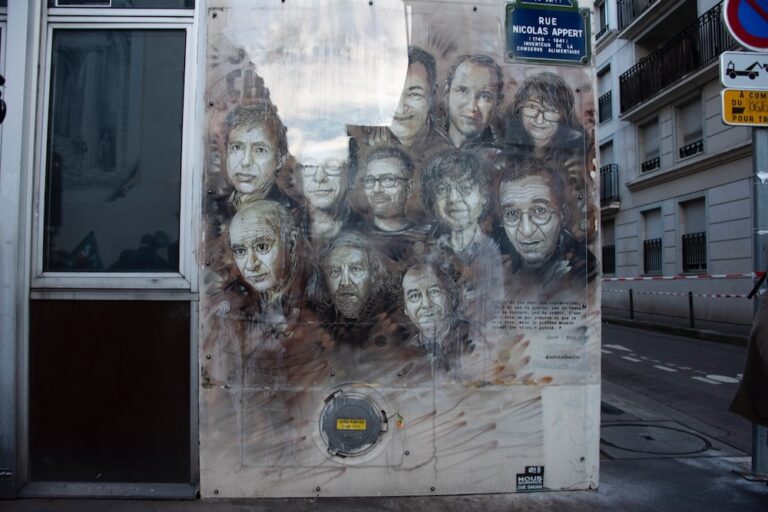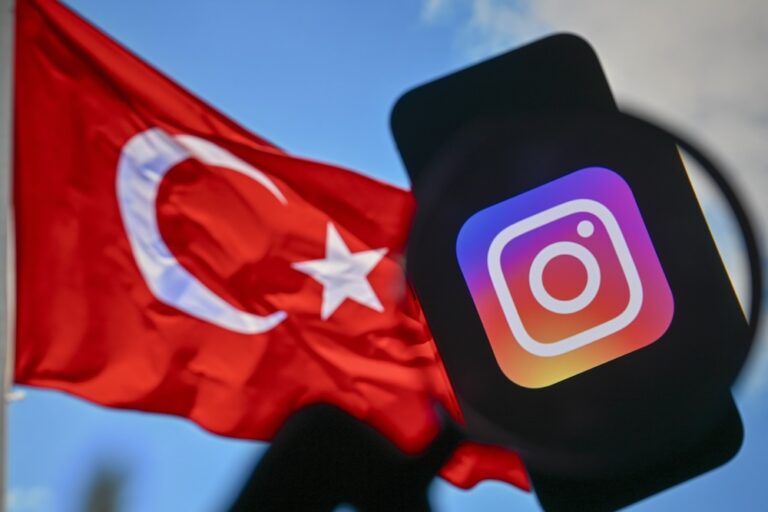IFEX members this week welcomed UN Human Rights Council resolutions on journalists' safety, support for media workers in Somalia and peaceful association.
The United Nations Human Rights Council concluded its twenty-first regular session on the afternoon of 28 September 2012, after adopting 33 resolutions on a wide range of issues, including journalists’ safety, support for media workers in Somalia and peaceful association.
The 47-member body passed by consensus a resolution sponsored by the Republic of Austria that called on states to “promote a safe and enabling environment for journalists to perform their work independently” and to fight impunity by ensuring “impartial, speedy and effective investigations” into acts of violence against journalists. In doing so, the council affirmed for the first time the importance of journalist safety as a fundamental element of freedom of expression.
In a further development on journalists’ safety, the council adopted a resolution on “Assistance to Somalia in the Field of Human Rights”. The resolution strongly condemns all attacks on journalists and calls on “the Government of the Federal Republic of Somalia to protect the safety of journalists and on all states to provide the necessary technical assistance to the Government of the Federal Republic of Somalia, the sub-national authorities, the National Union of Somali Journalists (NUSOJ) and individual journalists in this regard.
Moreover, an unprecedented number of governments from the Arab region came under international scrutiny and criticism for committing serious human rights violations. Nevertheless, the Cairo Institute for Human Rights Studies stated that, particularly in light of the ongoing crackdowns on rights defenders and democracy activists being carried out by Saudi Arabia, Oman and the United Arab Emirates (UAE), “UN member states […] must move beyond theoretical discussions and strongly denounce specific attacks.”
Finally, the council adopted a resolution on the right to freedom of peaceful assembly and association. The resolution is important in that it recognises the role of information and communication technologies in protecting the rights to peaceful assembly and association and calls upon states to promote and facilitate Internet access.



